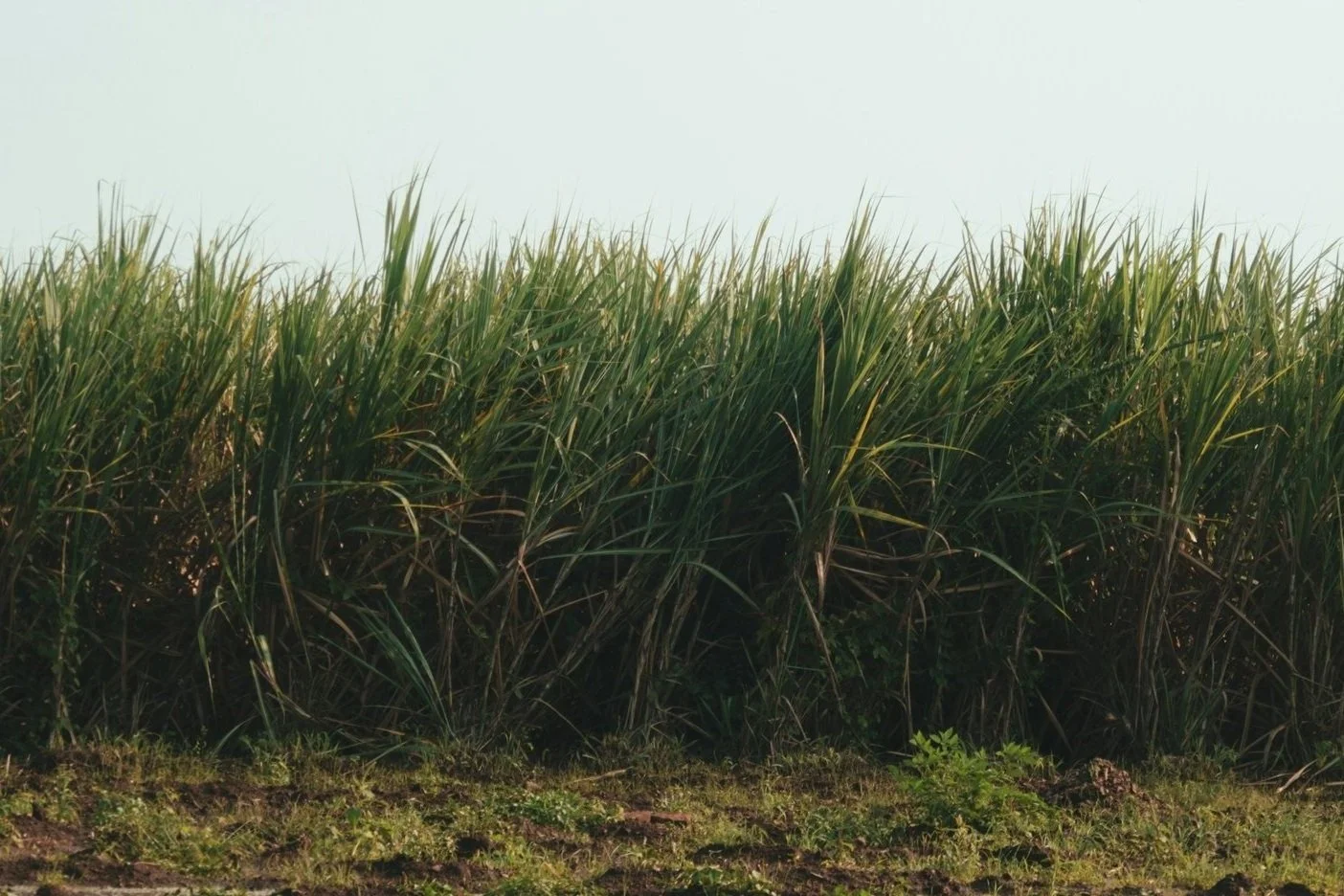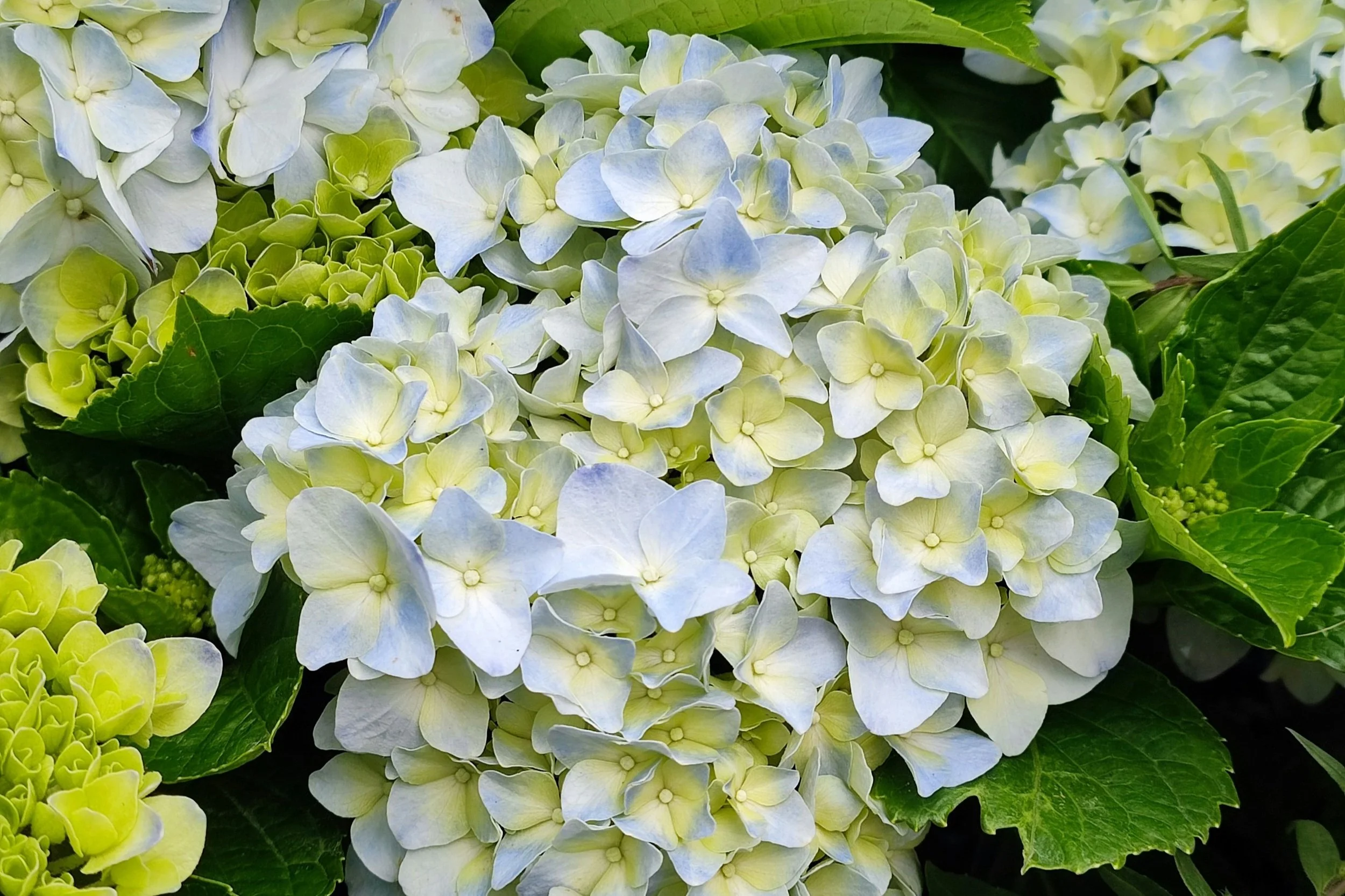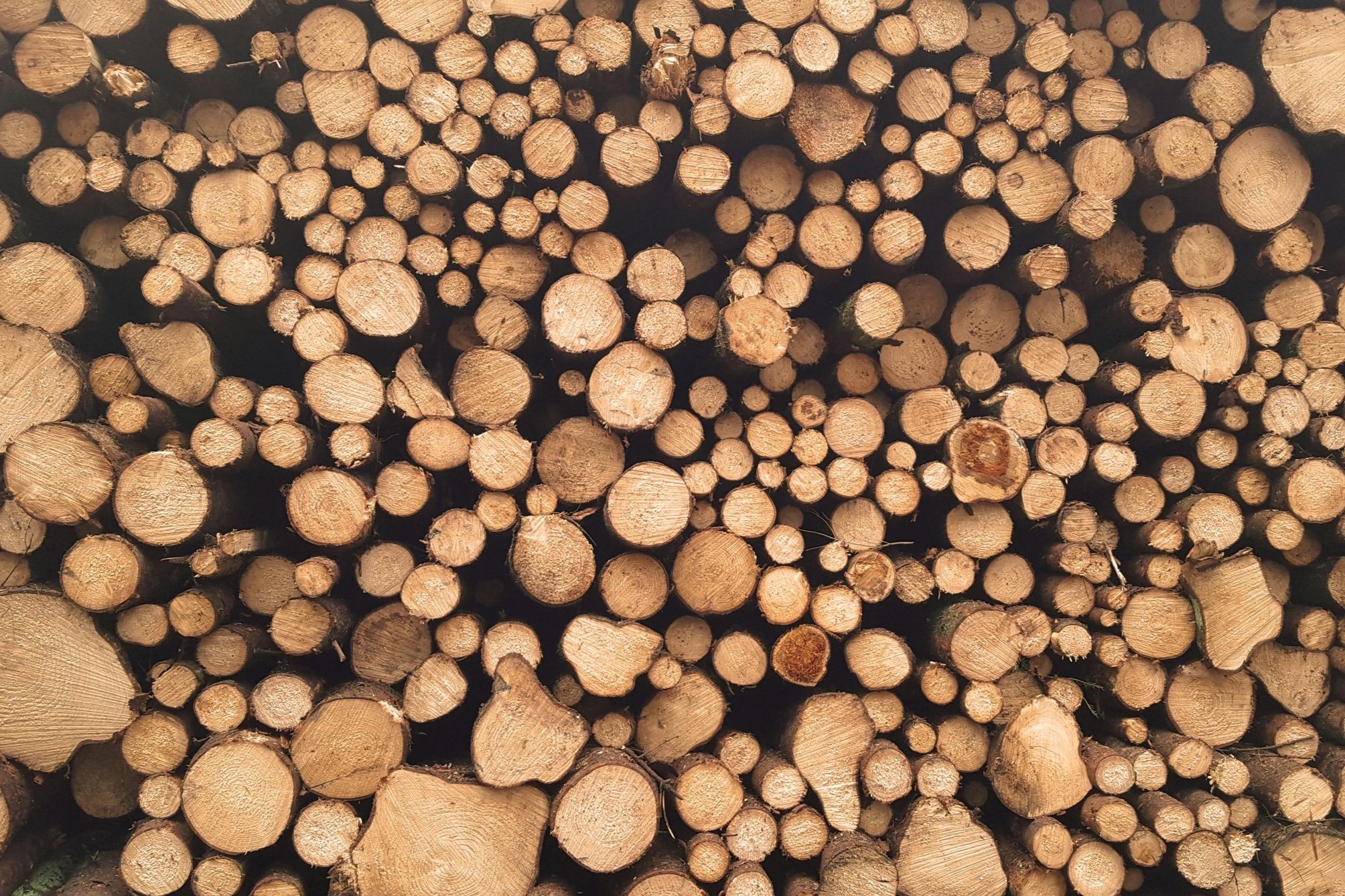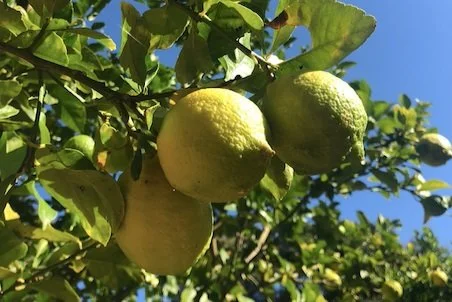At Arcadia, we’re passionate about learning and diversifying our skills by farming a variety of quality products.
sugar
Arcadia began growing sugar in the 1960s, following the lead of many farmers in the area, as sugar emerged as a major global commodity. At that time, Arcadia also successfully cultivated cotton and coffee, but these crops eventually made way for expanded sugar production. Today, Arcadia harvests around 20,000 tons of sugar cane each year on nearly 400 hectares, with crops on an 18-month cycle. The cane is milled by Tongaat-Hulett, producing about 2,000 tons of raw sugar for the market annually.
avocados
An unseasonably cold winter in 2020 delayed the planting of our first 5-hectare avocado block, as nurseries across KZN saw their seedlings stunted. Despite the setback, we planted a smaller block, allowing Simon and the team to understand the fruit's temperament and carefully plan for larger plantings.
This delay gave us the opportunity to focus on rejuvenating our soil, which had been used for conventional agriculture for decades. Using meticulous planning, and a rich mix of cover crops, compost and worm tea, we've created healthy, vibrant soil. In February 2022, our avocado orchard welcomed its first major planting. Over the next five years, we aim to convert nearly forty hectares of conventional sugar cane into regenerative organic avocado fields.
hydrangeas
Though our hydrangea farming is still in its infancy, our cut flowers thrive in the acidic soils and misty, cool summer days characteristic of the KwaZulu-Natal mist belt regions. Harvested from December through April, these blooms are sold to a local wholesale florist.
timber
On our farm, we've planted approximately 60 hectares of timber on the steep slopes where mechanization is challenging. These areas are dedicated to two essential tree species: eucalyptus and wattle. Eucalyptus is known for its fast growth and high pulp yield, making it a valuable resource for the paper industry. Wattle is not only grown for pulp, but also for its bark, which is processed and used in the tanning industry to soften and treat leather. Of our total timber plantation, 40 hectares are dedicated to wattle, while 20 hectares are planted with eucalyptus.
lemons
We began exploring crops suited for the sandy soils of Catonsville, while also considering the challenges posed by the large monkey population. After extensive research, Simon chose lemons and started a test plot on a small 0.5-hectare field in one of the farm’s valleys. In 2017, we planted two varieties, Eureka and Lisbon, initially using conventional methods. By 2018, we transitioned to exclusively organic practices, and in 2019, we harvested our first organic fruit crop, which was processed into juice concentrate.
In March 2022, we planted our first 5-hectare field of regenerative organic lemons on Catonsville. We are now planning to expand this plot to 30 hectares and have begun the process of obtaining organic certification.





